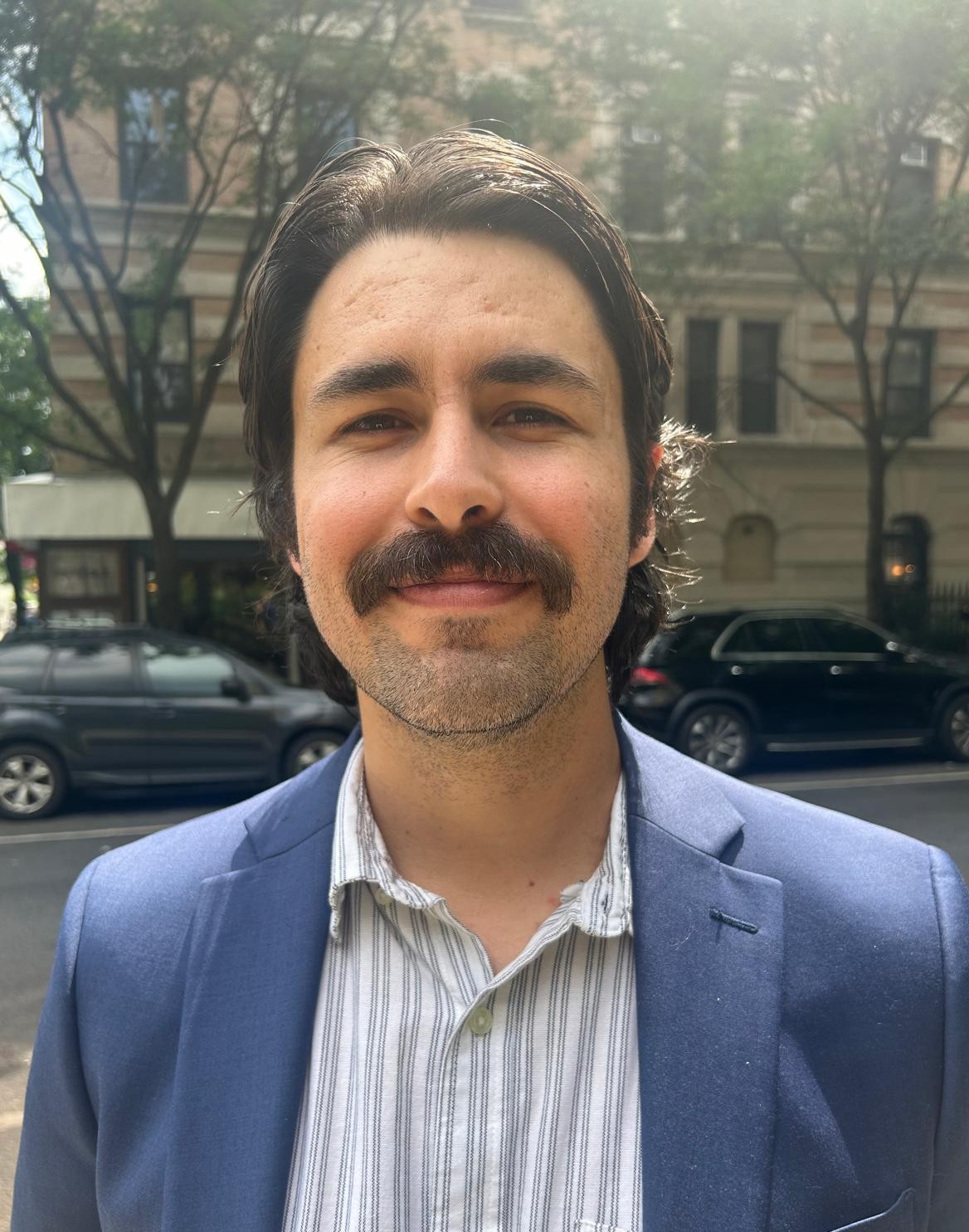
Andre Gray
PhD Candidate // Department of Economics
University of California, San Diego
I am an urban and development economist interested in the impact of migration and migrant identity on market structure, amenities and urban growth. My work spans US and African contexts. I've also managed household surveys and randomized controlled trials related to beliefs, preferences and health decisions in the US, Nigeria and Mozambique. I am on the 2025-2026 Job Market. You can contact me at andre.danielgray@gmail.com or @walcottgray
Research Interests
Urban // Development // Migration // Housing
Job Market Paper
- Density and Diversity in African Cities
[Paper Draft]
[Abstract]
The impact of migration is not just a function of how many people migrate, but where they come from. Migrants carry region-specific identities, traits and skills that shape outcomes in receiving areas. In rapidly urbanizing African cities, the composition of migrants may play a negative role, as ethnic and linguistic divisions drive conflict and counteract classic agglomeration forces. This paper disentangles the effects of migrant flows and migrant composition on productivity in destinations. I build a subnational panel of internal migrant flows across Africa and develop a nonlinear shift-share instrument that identifies shocks to both levels and the birthplace composition of migrants. Using exogenous variation from climate, commodity and conflict shocks, I identify changes to the size and composition of migrants. I find that cities that receive migrants from more diverse birthplaces have lower short-run growth, but experience long-run urbanization benefits. The effects of migrant composition are heterogeneous, with more diverse cities experiencing higher ethnic conflict, but also higher rates of structural transformation. The methods proposed have broad applications to identifying nonlinear effects of migration, when relative group sizes matter for outcomes.
Publications
- Adolescent Time and Risk Preferences: Measurement, Determinants and Field Consequences with Anya Samek, Ashlesha Datar, Nancy Nicosia, Journal of Economic Behavior & Organization (2021)
- Using Vignettes to Improve Understanding of Social Security and Annuities with Anya Samek, Arie Kapteyn, Journal of Pension Economics and Finance (2021)
Work in Progress
- Historical Immigration and the Market for Schooling in American Cities
[Slides]
[Abstract]
I study the impact of historical migration to American cities on public and private schools in the US. Catholic migrants from southern Europe in the period 1880-1940 created a large demand for private religious schooling in northeastern US cities. How did the demand for private schools affect the growth of the emerging public school sector in these cities? I examine the long term impact of migrants on the strength and persistence of private schools by leveraging within-city variation in exposure to Catholic country migrants, and national-level immigration shocks. Using a novel dataset of digitized information on the location and characteristics of individual public and Catholic schools, I show how Catholic immigration affected new school openings, the human capital of native born children, and the teacher labor market.
- Integrating Traditional and Conventional Medicine for Efficient Public Service Delivery
[Abstract]
Traditional healers are a trusted and widespread presence in many African countries, providing care based on local beliefs and practices. However, their potential role in expanding access to formal healthcare services has yet to be explored. This project investigates whether traditional healers can be effectively integrated into conventional healthcare systems to improve state effectiveness in health service delivery in rural Mozambique. This study builds on preliminary research showing that traditional healers are frequently consulted for both physical and spiritual ailments. Through a randomized evaluation, this project will assess whether training healers to recognize health issues can increase patient referrals to clinics and improve health service delivery and health outcomes in rural areas. It will also examine how healer practices and pricing respond to training and how clinics are impacted in terms of patient load and congestion.
- Red Place, Blue Place: Tiebout Sorting and Labor Misallocation
[Slides]
[Abstract]
Migration drives changes in the composition of skills and occupations in affected areas. Migrants also bring with them political identities that can affect the decision making of municipalities. As the diploma divide widens the skill gap between different political parties, the effects of migration shocks may also become polarized along political lines. Using US voter registration records, we study the impact of labor demand and policy shocks on the political composition of migrants. We create a panel of county to county migration flows by Democrat and Republican status, and then examine how these flows change in response to shocks and over time. We document increasing polarization of flows from Democrats to Democratic majority areas, and vice versa. We show that the ratio of Democrat to Republican migrants is unresponsive to a battery of county and state policy shocks. We then explore how different functions of labor demand shocks change migrant composition.
Conference Presentations
- 2025 North American Urban Econ Association (UEA) Meeting Montreal, October 2025
- Empirical Microeconomics Workshop 2025 U Calgary, September 2025
- Institute for Humane Studies Winter Graduate Conference GMU, Jan 2025
- 2024 Historical Political Economy Conference USC, Oct 2024
- 2024 Development and Political Economics Conference (DevPEC) Stanford, April 2024
- Pacific Conference for Development Economics Stanford, March 2024.
- 8th Urbanization and Poverty Reduction Research Conference World Bank, Washington DC, March 2024.
- Graduate Student Workshop on Field Research, Institute of African Studies and University of Chicago University of Nigeria, Nsukka Aug 2022.
- North American Economic Science Association (ESA) Meeting, Los Angeles, CA, Oct 2019.
- Roybal Center for Health Decision Making and Financial Independence in Old Age Meeting, Washington DC, Feb 2019